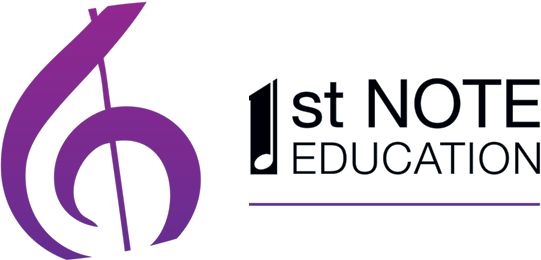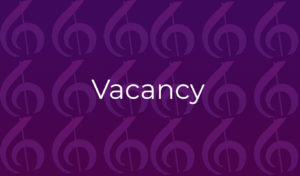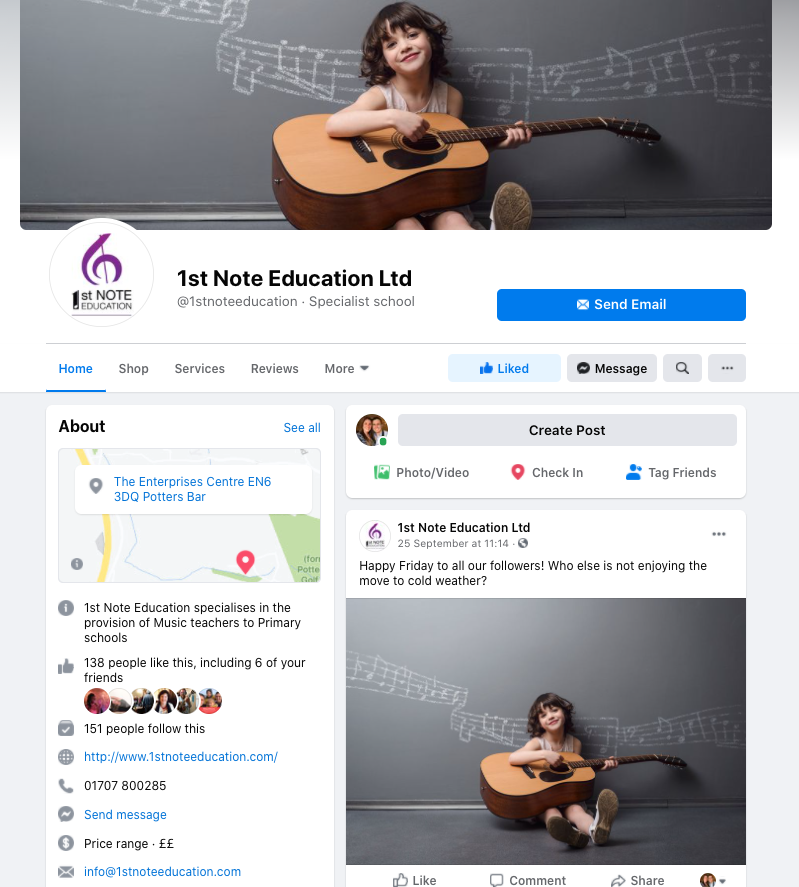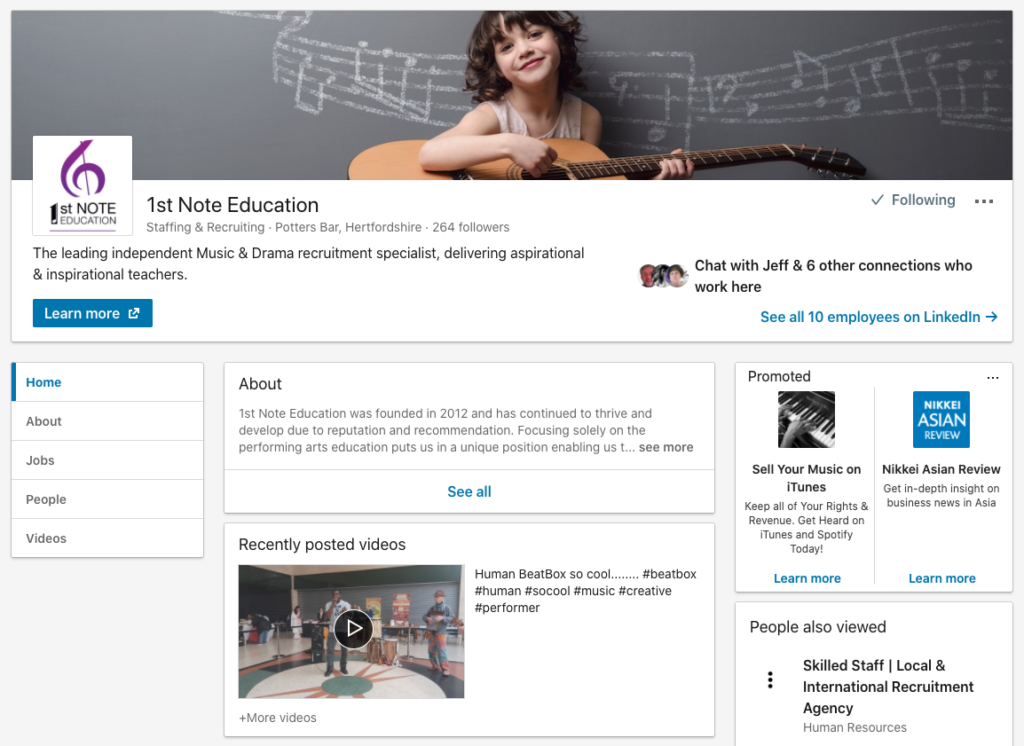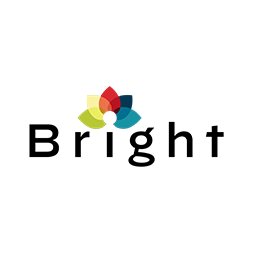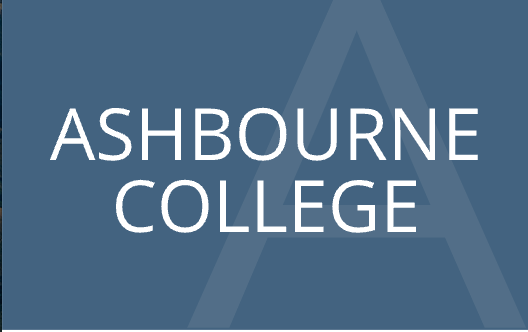[et_pb_section bb_built=”1″ admin_label=”section”][et_pb_row admin_label=”row” background_position=”top_left” background_repeat=”repeat” background_size=”initial”][et_pb_column type=”4_4″][et_pb_text background_position=”top_left” background_repeat=”repeat” background_size=”initial” _builder_version=”3.3.1″]
We all want to make the right impression when it comes to being interviewed for the one job we don’t want to let slip us by. However, many of us are falling foul to the interview process. I’ve given a lot of thought to the preparation and have considered how I personally break down the events both leading up to and on the day.
- Research my route
It’s useless having the best lesson planned if you‚Äôre not there on time to teach it, or you’re flustered by a rushed journey. Carefully plan your route and even have a test run if you’re not sure.
- Learn about the school
If there is an opportunity ask for a tour of the school before you apply for a post. This will give you an insight into the running of the school and whether you want to work there. It is always worth remembering that a job interview isn’t just for the school to select you, it’s where you can select the school. Recalling some key points from the tour to bring up during your interview demonstrates you are keen and interested.
- What am I going to wear?
Set an example from the start; dress in smart clothing with clean shoes, being comfortable but professional at all times. Apart from anything else, it makes me feel better prepared.
- Prepare my own resources
If resources are needed ensure that you have them ready; it doesn’t look good if you require the schools photocopier before your interview. Make sure you have any presentations that require a computer saved and with you on different forms of storage e.g memory stick, email, cd and take your own computer if you are familiar with how to plug it into their projectors or Smart Visual televisions. Have several copies of your lesson plan printed so that you can offer the observers a copy. Interviewers like to know what‚Äôs coming but this also demonstrates your ability to plan a lesson.
- Arrive early
If you are able to, park outside the school slightly early. I usually put on a piece of music to compose myself, get the journey out of my head and focus on the task in hand, which begins the moment I walk through the school gate.
- Make notes
As you are being led to the classroom, look at the surrounds and make mental pointers to discuss at the interview stage.
- Go off plan if the lesson requires it.
Lessons don’t always go to plan; often children are beyond or below your expectations so don’t be afraid to modify your lesson to ensure that the children are all making progress. Not only is this a good skill, but it also demonstrates that you know your subject and can think outside the box.
- The minutes between
This is the gap between your lesson and your interview and it is now that you should evaluate your lesson, as you will be asked about it! Don’t be afraid to say what you feel went well and equally importantly what you would do differently next time. Consider individual children or different groups in your evaluation; these few minutes are vital for me to be prepared for the feedback session. I always walk slowly, this gives me more thinking time as well as calming my heart rate after a lesson.
- The interview
Consider your body language when seated, you want to appear calm, confident and open. Ensure that you sit up straight, speak slowly and clearly and demonstrate good eye contact. When questioned there is no rush to answer, take a moment to consider your response before rushing to reply.
There are lots of other interview tips online, one in the Guardian called Top 10 questions teachers are asked at job interviews looks at interview questions from the point of view of a head teacher. There is another very webpage on interview tips for music teachers. This contains some very useful details including planning ahead on the build up to an interview.
[/et_pb_text][/et_pb_column][/et_pb_row][/et_pb_section]
